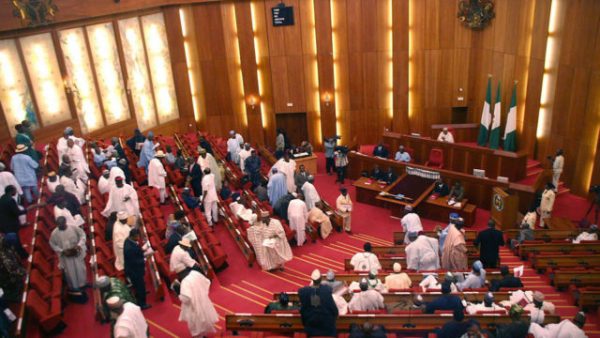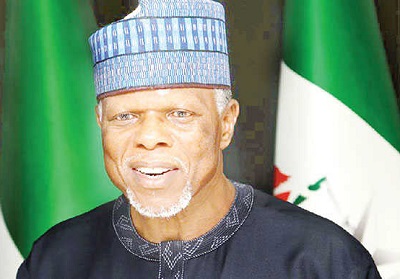Generator importation to attract 10-year jail term — Senate bill

•Address root cause, LCCI tells lawmakers
A bill for an act to criminalise the importation, selling and usage of generators in Nigeria scaled the first reading on the floor of the Senate on Wednesday.
The bill sponsored by Senator Birma Enagi from Niger State prescribes 10 year-jail term for importers and sellers of generators.
The bill is coming on the heels of energy crisis bedevilling the nation as most parts of the country are currently experiencing erratic power supply.
The sponsor said the essence of the proposed legislation was to curb the menace of environmental pollution and to facilitate the development of the power sector.
The bill specifically states, “Any person who imports generators or knowingly sells generators shall be guilty of an offence and be liable on conviction to be sentenced to imprisonment for a term not less than 10 years.”
The bill however excluded importers and sellers of generators meant to power essential services.
The exemption includes generators meant to serve medical purposes in hospitals and nursing homes and healthcare facilities.
Airports, railway stations, elevators, escalators, research institutions, and such facilities that require 24-hours electric power supply are also exempted.
The Lagos Chamber of Commerce and Industry, however, said the promoter of the bill did not capture the reality of the power situation in the country.
Thus, it described the proposition as unrealistic.
The Director-General, LCCI, Dr Muda Yusuf, speaking to one of our correspondents, noted that the heavy dependence by Nigerians on generators for electricity was a direct consequence of the failure of the power sector.
He said power shortage was the biggest challenge facing Nigeria as a country, as it was taking a huge toll on businesses as well as on the welfare of the people.
Yusuf said what Nigerians expected from the lawmakers was a proposal on how to urgently fix the problem of power, and not restriction of generator import.
He said, “The proposition is not a realistic one. It does not show that its promoter is in touch with the reality of the power situation.
“Is it the fault of Nigerians that they have to rely on generators for power supply?”
Yusuf added that the heavy dependence on generators was a direct consequence of the failure of the power sector.






